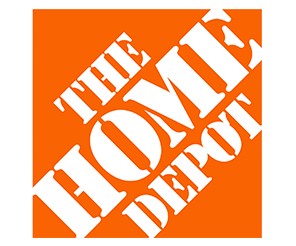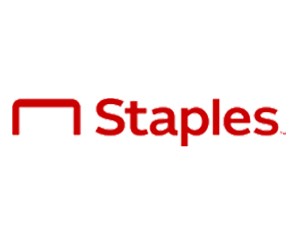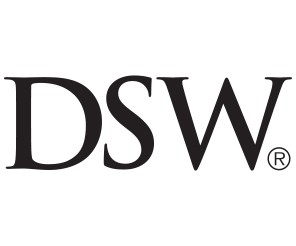US Markets Loading...
h
m
s
Hush money judge angrily scolds Trump, suggesting he tried to intimidate prospective juror: 'I will not tolerate that'
The former president was "muttering" and "audible" while one prospective juror was being questioned, the judge said.
America's young men are blowing their money like never before
Young guys are gambling on everything from sports to crypto — and companies have turned their appetite for risk into a lucrative new market.
Donald Trump appears to have trouble staying awake during his criminal trial. I can relate.
Don't nap-shame Donald Trump, who looks to have been falling asleep in court this week. Aside from the criminal trial, I know the feeling!
I'm a single mom. I date — but I don't date single dads.
As a single mom, Nicola Prentis couldn't stop herself from judging single dads. She's found dating men without children to be less complicated.
Video
New Episodes This Week
Nicola Peltz Beckham's directorial debut is being slammed by critics who are calling it 'poverty porn'
Critics have called out the irony of Nicola Peltz Beckham writing, directing, and starring in a film called "Lola" about an poor teen, when she's the daughter of a billionaire.
Caitlin Clark wore a $17,000 Prada outfit to the WNBA draft. That's about 22% of her expected first-year salary.
"Prada's never dressed a WNBA player or an NBA player for the draft, so it's very fun," Clark told GQ Sports.
Taking too much of these 4 popular supplements can be dangerous, a toxicologist warns
A toxicologist shared some of the risks of taking too much of popular supplements, including vitamin D and magnesium.
Taylor Swift's new album rollout strategy shows she's too big to fail
Taylor Swift's new album "The Tortured Poets Department" is less than one week away. Her quiet rollout strategy says a lot about Swift's stature in pop music.





